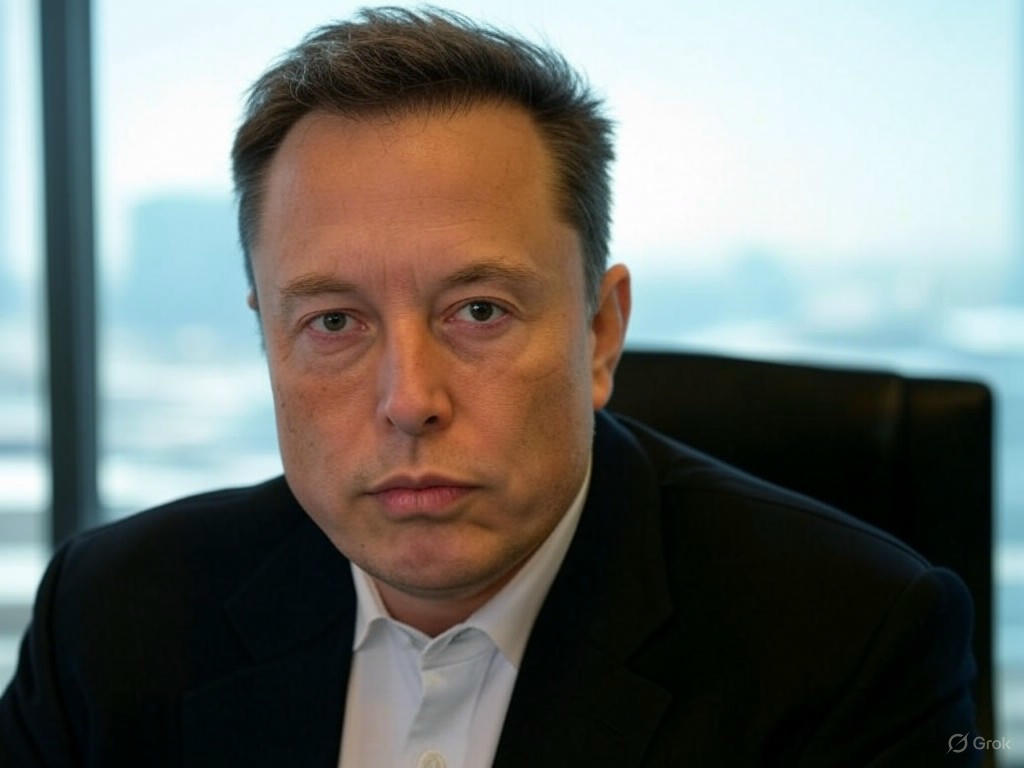In a stunning turn of events, SpaceX, the pioneering aerospace company led by visionary entrepreneur Elon Musk, has announced plans to decommission its iconic Dragon spacecraft. This decision comes on the heels of a heated public dispute between Musk and President Donald Trump, highlighting the growing intersection of politics and private enterprise in the space industry. The Dragon, a reusable spacecraft instrumental in ferrying cargo and crew to the International Space Station, has been a cornerstone of SpaceX’s success. Its retirement marks a significant shift for the company and raises questions about the future of American space exploration.
The conflict began when President Trump publicly criticized Musk, threatening to withdraw federal subsidies and terminate lucrative government contracts that have fueled SpaceX’s rapid growth. These contracts, including those with NASA, have been vital for the company’s operations, providing billions of dollars in funding over the years. Trump’s remarks, delivered during a recent press conference, accused Musk of leveraging government support while challenging political norms through his outspoken social media presence. In response, Musk took to his preferred platform to announce the decommissioning of the Dragon, framing it as a direct reaction to the administration’s hostility. While specifics remain unclear, industry analysts speculate that this move could be a strategic protest or a way to redirect resources toward other ambitious projects like Starship, SpaceX’s next-generation spacecraft designed for interplanetary travel.
The implications of this decision ripple far beyond SpaceX’s headquarters. The Dragon spacecraft has been a symbol of innovation, playing a pivotal role in reducing reliance on foreign launch systems and revitalizing America’s space program. Its absence could strain NASA’s ability to maintain regular missions to the International Space Station, potentially creating delays or increased costs. Competitors like Boeing, which has struggled with its own Starliner program, may see an opportunity to fill the gap, though their readiness remains uncertain. Meanwhile, international partners and private investors are left wondering how this feud will impact the broader space economy, which has increasingly depended on SpaceX’s reliability and cost-effective solutions.
As the dust settles, the clash between Musk and Trump underscores a larger tension between government influence and private innovation. Musk has long positioned himself as a disruptor, unafraid to challenge authority, whether in the form of regulators or political leaders. Yet, SpaceX’s dependence on federal funding reveals the delicate balance companies must strike when navigating political landscapes. The decommissioning of Dragon may be a bold statement, but it also risks alienating key stakeholders and slowing progress in an industry where consistency is paramount. For now, the space community watches anxiously, hoping this high-stakes drama doesn’t derail the momentum of human space exploration. Whether this marks the end of an era or the beginning of a new chapter for SpaceX, only time will tell.
